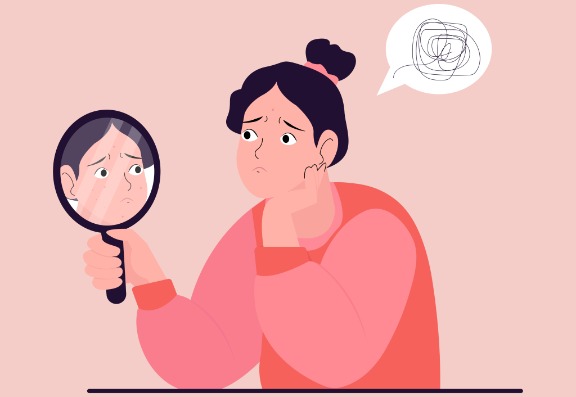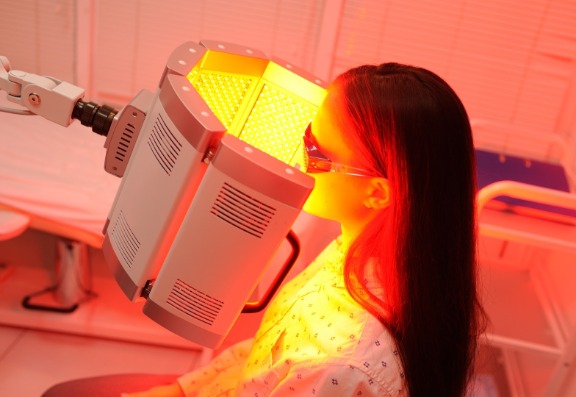Let's demystify Psoriasis for Psoriasis Awareness Month, an annual awareness month (August 2023) aimed at educating the public on psoriasis and how it can be treated.
Here is everything you need to know from a consultant dermatologist...
What is psoriasis?
Psoriasis is an inflammatory skin disorder that affects roughly 2% of the population.
The outermost layer of our skin, known as the epidermis, continually sheds skin cells in order to replace them with new ones. Those who suffer from psoriasis find that this process is sped up. What would typically take weeks ended up happening over the course of days. This increase in skin cell turnover is what leads to the symptoms that manifest as a result of the condition.


Can psoriasis be cured?
Thanks to Dr Anjali Mahto, the skin expert from Self London.
In 2023, Dr Mahto opened her own clinic, Self London where she specialises in acne and acne scarring, but is a leading expert across many skin conditions.
Dr Anjali Mahto is a UK-trained consultant dermatologist and author of the bestselling book, The Skincare Bible: Your No-Nonsense Guide to Great Skin
She is happy to consult both adults and children with skin, hair and nail disorders. Her areas of specialist interest include acne and scarring, rosacea, moles, and anti-ageing therapies including injectable and laser treatments.

Loved by Victoria Beckham and Kim Kardashian, BBL HEROic™ is now available at Dr Nina Bal’s clinic for anyone ready to upgrade their skin.
Croma’s latest range brings professional in-clinic results into your everyday routine. Clean, vegan, and packed with powerhouse ingredients, these products are designed to hydrate, brighten, protect, and fight early signs of ageing.
We ask an expert skin doctor: ‘What are the benefits of LED therapy, and is it worth the investment?’
Hey, wait!
Before you go.....
Let's stay in touch, pop your details here and we'll send our editor's hand-picked updates on your fave subjects.